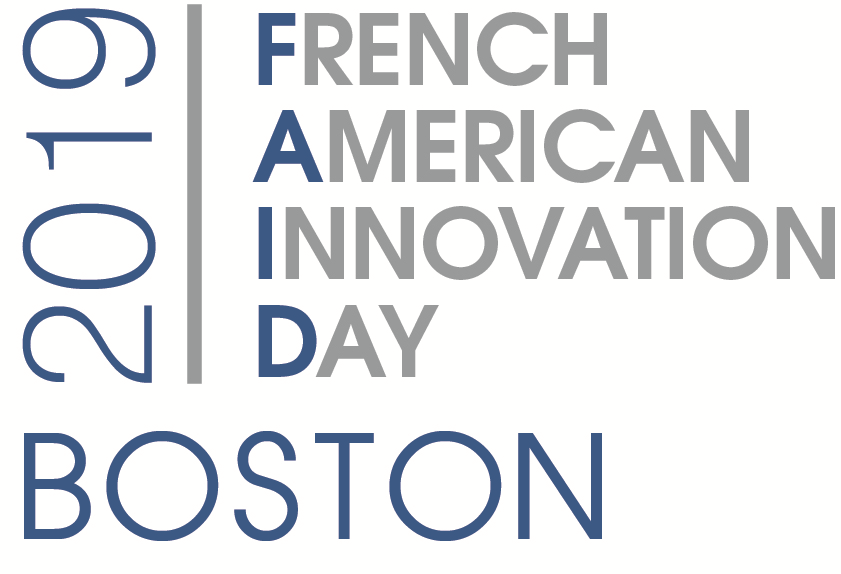Research Initiatives and Testing Infrastructure
Floating wind concepts are evolving quickly and research initiatives and physical testing at multiple scales are essential to this process. Both France and the United States have significant capabilities in physical testing and active research networks. This keynote session will include updates on the research consortia led by NYSERDA in the United States and WEAMEC in France and a summary of relevant large-scale testing infrastructure in the United States.
Moderator: Sandrine Aubrun (Ecole Centrale of Nantes)
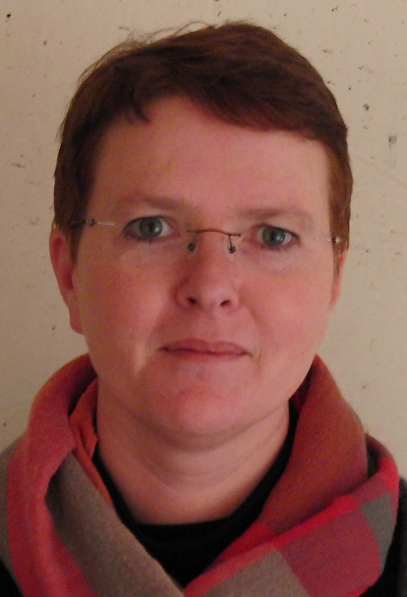
Prof. Sandrine
Speaker #1: Richard Bourgeois (NYSERDA)
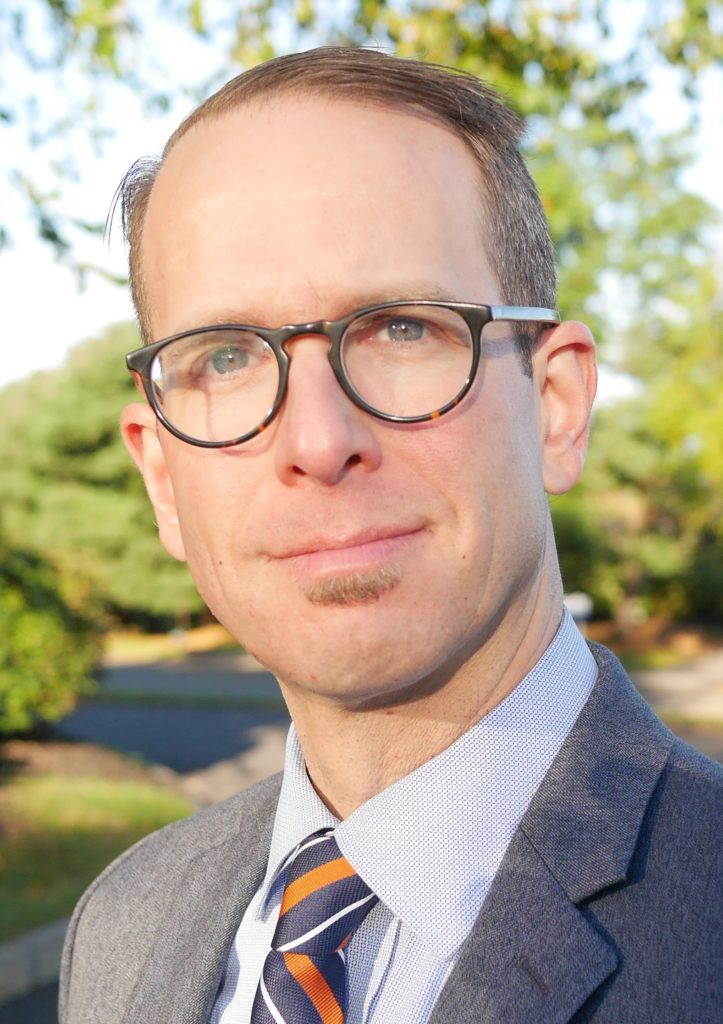
Richard Bourgeois is a senior project manager at the New York State Energy Research and Development Authority (NYSERDA) with a portfolio in renewable energy and energy storage. He is currently Principal Investigator for NYSERDA’s project with the U.S. Department of Energy to establish the National Offshore Wind Research and Development Consortium. Prior to joining NYSERDA, Richard held a number of roles over 24 years at General Electric, where he earned twenty U.S. patents for his work on solid oxide fuel cells, hydrogen electrolysis and grid-scale energy storage. He is a licensed Professional Engineer in New York State with a MS in Mechanical Engineering from Rensselaer Polytechnic Institute and an undergraduate degree in engineering from Boston University.
Speaker #2: Philippe Baclet (WEAMEC)
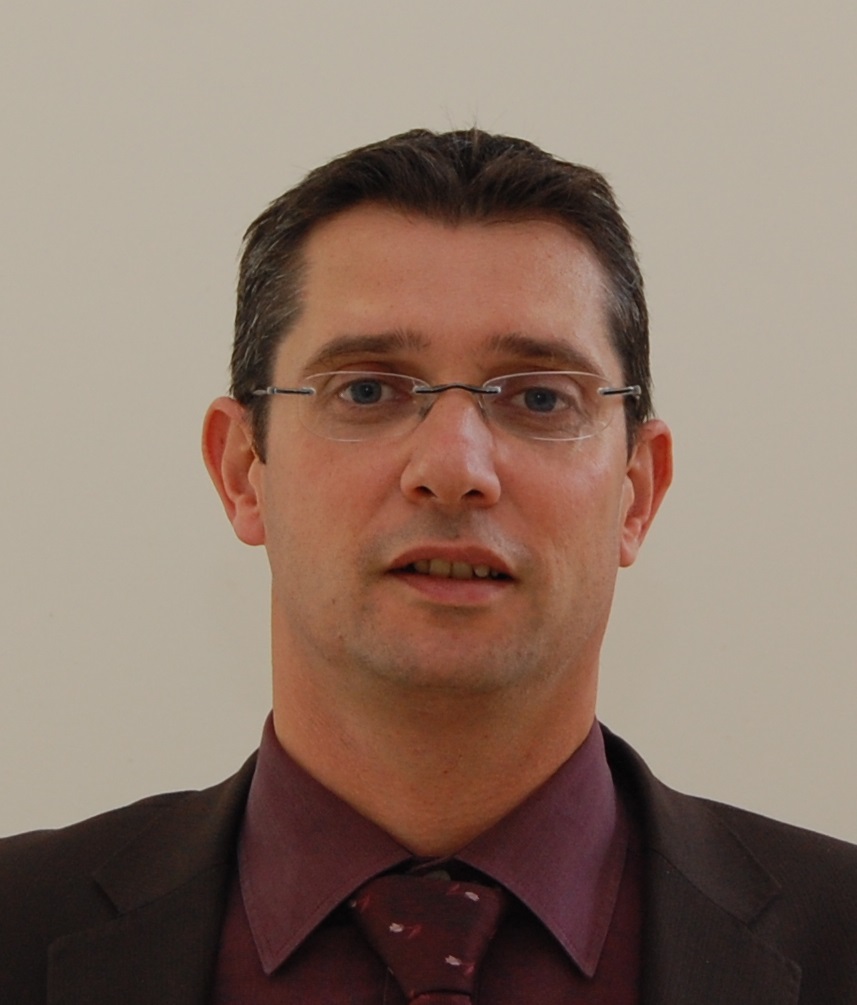
Born in 1968, Philippe Baclet graduated from the School of Physics and Industrial Chemistry of the City of Paris and holds a DEA in Materials Science from the Pierre and Marie Curie University (
In 1994, he became head of the Electrochemistry and Thin Film Group of the Chemicals Department and integrated the development activities of electrochemical generators. In 1996, he became head of the Laboratory
In 2009, back to the DAM Valduc Center, he has appointed the head of nuclear materials processing Department, responsible for the plutonium recycling, implementation of tritium and treatment and storage of nuclear waste. In 2013, he appointed the regional director of CEATECH in Pays de la Loire. He has been the director of WEAMEC (Renewable Marine Energies) since November 2015.
Speaker #3: Eric Hines (Tufts university)
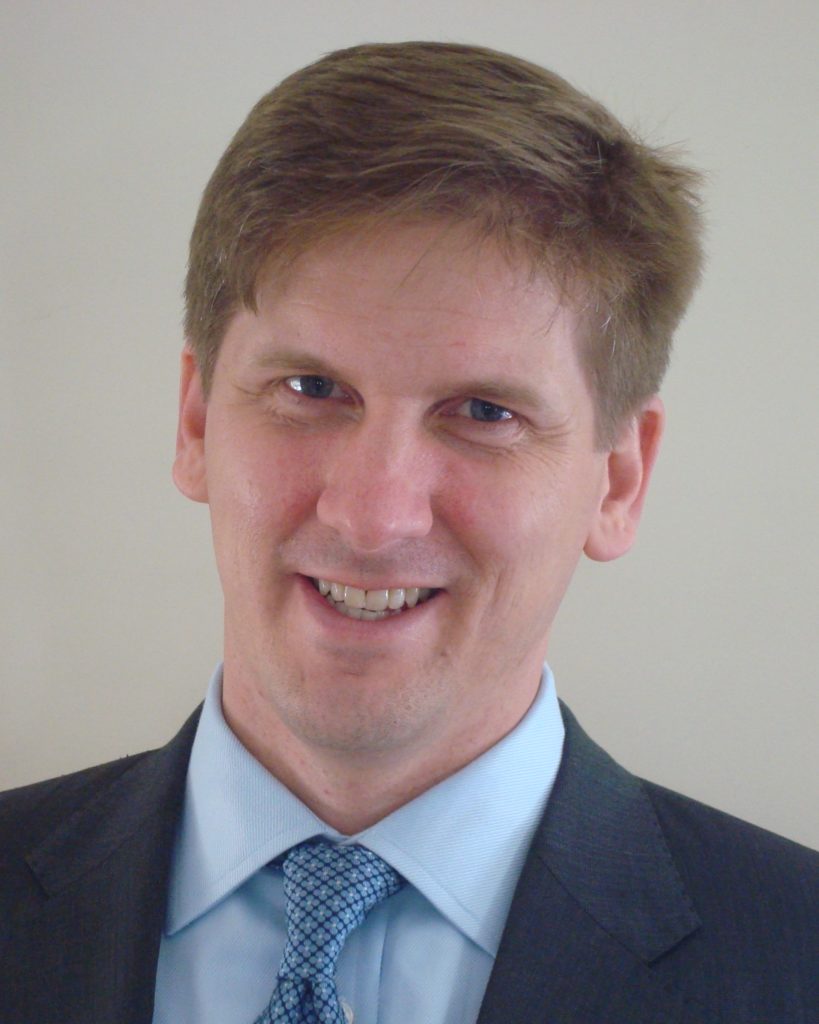
Eric M. Hines, Ph.D., P.E., F.SEI has over 20 years of experience as a structural engineer designing innovative infrastructure and large-scale testing programs. Dr. Hines designed the Wind Technology Testing Center in Charlestown, MA and advised the Massachusetts Clean Energy Center on the development of the New Bedford Marine Commerce Terminal. As a Professor of Practice at Tufts University, he has led the POWER-US convening initiative and directs the Tufts University Offshore Wind Engineering Graduate Program. Formerly a partner of LeMessurier Consultants in Boston, Dr. Hines has over 70 publications and numerous awards related to systems design, industry-driven research and higher education. Dr. Hines completed his Ph.D. at the University of California, San Diego after studying the relationship between engineering and public policy as an undergraduate at Princeton University and as a Fulbright Fellow in Germany.
